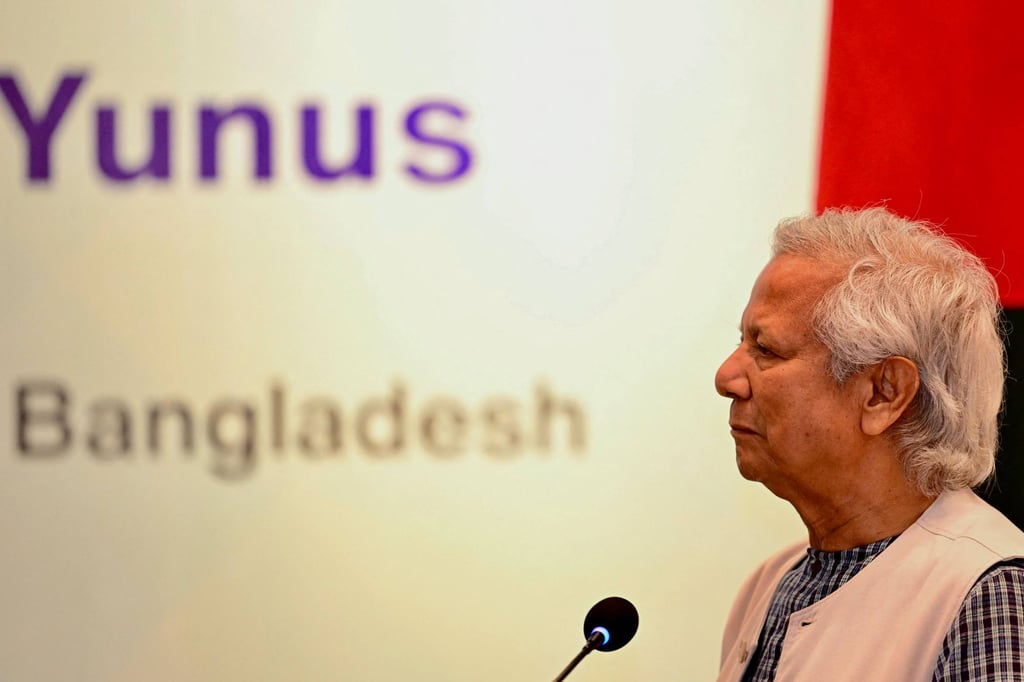Bangladesh’s renewed quest for Asean membership comes at a moment of acute internal flux and regional scepticism, as interim leader Muhammad Yunus looks to Malaysia for support but finds the path to entry blocked by questions over governance and stability.
Advertisement
On Sunday, he revived his country’s call for Malaysia’s backing to secure a place among the ten-member Association of Southeast Asian Nations.
According to his office, Yunus met with Nurul Izzah, daughter of Malaysian Prime Minister Anwar Ibrahim and vice-president of the People’s Justice Party, telling her: “We want to become a part of Asean, and we will be needing your support.”
As current Asean chair, Malaysia is positioned to play a key role in advancing Bangladesh’s application to become a sectoral dialogue partner – a preliminary step towards eventual full membership.
Dhaka first applied for this status in 2020, which is extended to countries engaging with at least two of Asean’s sectors, such as trade, economics, and science and technology.

The road ahead is steep, however. Bangladesh faces “significant” challenges to joining, according to Doris Liew, an economist specialising in Southeast Asian development. Full membership or even observer status, she warned, would require “sustained political will, extensive negotiations and overcoming administrative hurdles”, with the current momentum driven primarily by Yunus himself.

